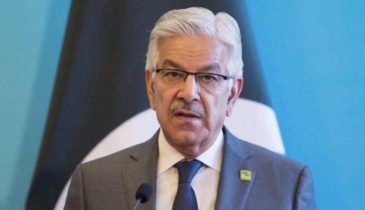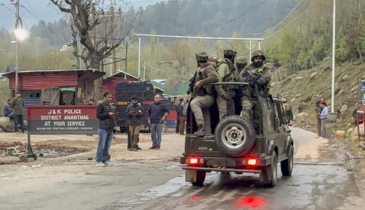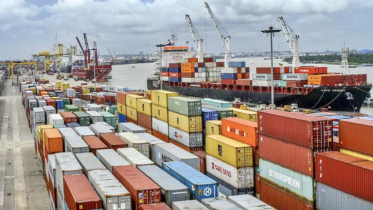Canada-India tensions could escalate cyber threats, hinder immigration

Canada's deepening dispute with India over its alleged campaign of violence against Sikhs leader in Canada could intensify Indian-based cyber espionage and hold back immigration, but analysts and experts see no immediate impact on trade.
Concerns have mounted following a statement from a senior Canadian official to a parliamentary national security committee. The official accused Indian Minister of Home Affairs, Amit Shah, a close associate of Prime Minister Narendra Modi of orchestrating alleged operations against Sikh activists in Canada. Indian authorities have dismissed these allegations, though the situation intensifies a diplomatic rift that began when Canadian Prime Minister Justin Trudeau revealed credible links between Indian agents and the June 2023 assassination of Sikh leader Hardeep Singh Nijjar in British Columbia.
In response to these developments, Canada recently expelled six Indian diplomats, citing their potential involvement in the case. Meanwhile, four individuals have been charged with Nijjar’s murder, fueling tensions further.
Canada’s Communications Security Establishment (CSE), responsible for monitoring foreign-based cyber threats, suggested that Indian cyber activity targeting Canadian networks could increase. "Given current tensions, it’s possible that India may intensify cyber threat actions directed at Canadians," said CSE Director Caroline Xavier. The agency has previously categorized India as an emerging cyber threat.
India remains a top source for temporary workers and international students to Canada, yet immigration processing delays have grown since Trudeau’s accusations last year. The number of Canadian immigration officials stationed in India has dropped significantly, from 27 in October 2023 to just four, which impacts on-site visa processing capabilities, according to Immigration Minister Marc Miller.
Miller noted that the situation could worsen, leading to reduced travel between the two nations.
.png)









